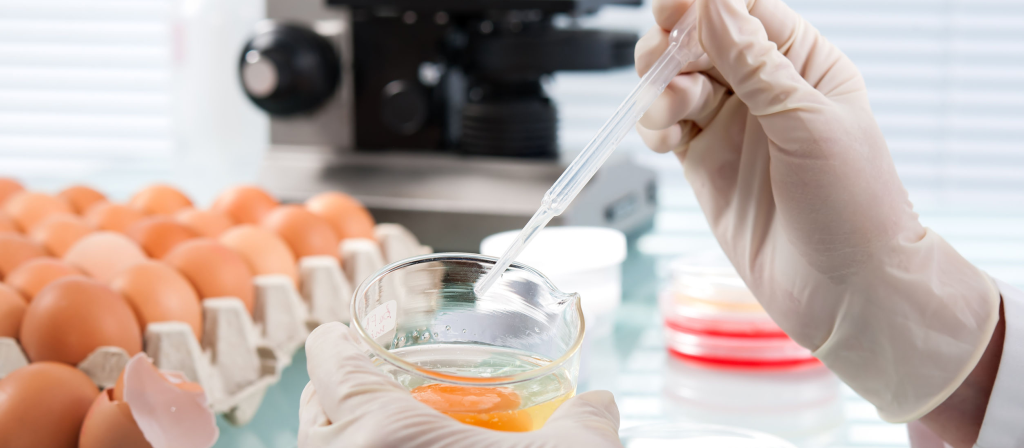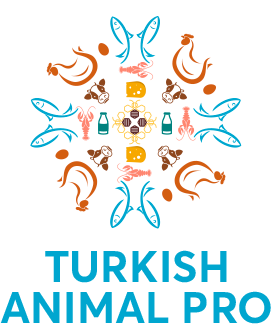
Today, traditional food processing and delivery methods have undergone substantial changes due to growing consumer awareness and revisions in national laws that aim to ensure healthier and safer food, making Food Safety one of the key items of the public agenda in recent years.
Sufficient and safe food to ensure survival, as well as physical and mental development, forms one of the main pillars of human rights around the globe. According to the Food and Agriculture Organization (FAO) of the United Nations, the right to food, a fundamental human right, means providing adequate and reliable food for the individuals.
Protecting human wellbeing while ensuring adequate food supply is the primary aim of societies, as wellbeing constitutes a basic need and a fundamental human right. Food products are among the prime factors that are most likely to affect health. Therefore, food safety is an absolute requirement of the consumer, and the main responsibility of the management in producers. According to the quality system terminology, it is necessary to sustain an unconditional and uniform quality in food safety. Management a food establishment must establish, maintain and support the Food Safety Control System if they wish to ensure continuous compliance with hygiene standards and the safety of every batch of products they deliver.
The Turkish food industry fully implements rules of the Hazard Analysis Critical Control Points (HACCP), which is a preventive method adopting a more systematic approach on all management stages of food production. As food safety is one of the critical issues in the framework of harmonization with the European Union, the Ministry of Food Safety, Food, Agriculture and Livestock conducts inspections to fulfill all requirements of this standard.
